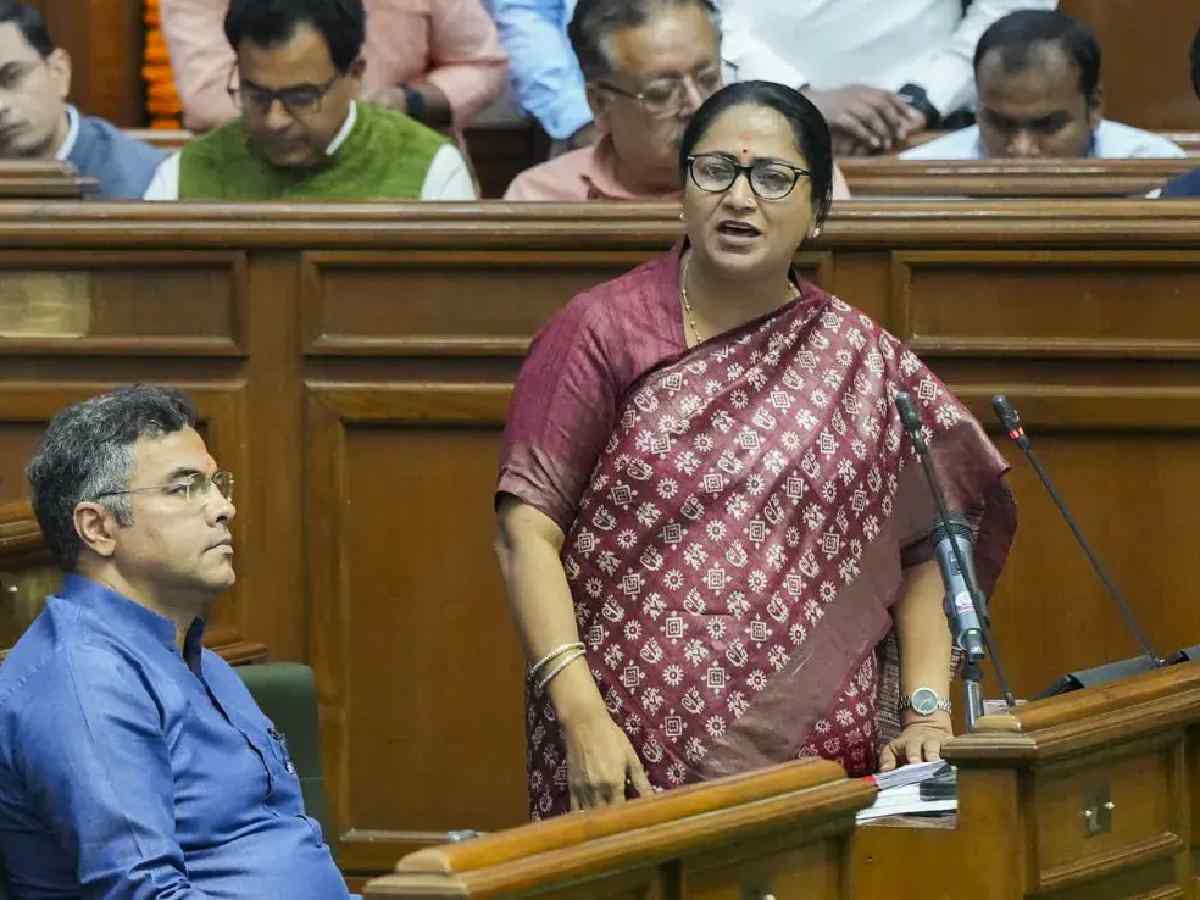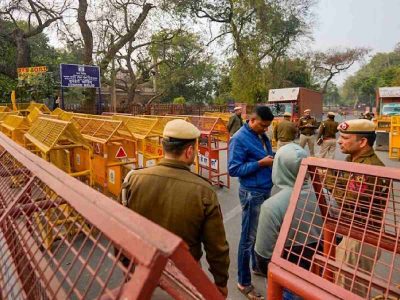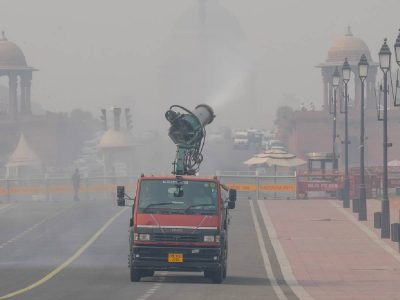For the first time, the Delhi government has announced elaborate celebrations for Chaitra Shukla Pratipada Nav Samvatsar (Hindu New Year) with a series of cultural and religious events, including large-scale Falahar (fruit-based meal) parties during Navratri.
The festivities will commence on March 30 with an event at the Delhi Assembly, where the entire building will be illuminated with lamps, evoking the spirit of Diwali. Delhi Assembly Speaker Vijender Gupta will preside over the event, with Chief Minister Rekha Gupta as the chief guest and Minister of Art and Culture Kapil Mishra in attendance. Several ministers and legislators are also expected to participate. The highlight of the evening will be a musical performance by renowned singer Kailash Kher and his Kailasa band.
Since the occasion coincides with the first day of Navratri, a Falahar programme has been planned for attendees observing fasting. In addition, the government will organise multiple Falahar events across the city on Saptami, Ashtami, and Navami, where underprivileged girls will be served food during Kanya Pujan ceremonies, accompanied by special prayers for Goddess Durga.
Announcing the initiative, Kapil Mishra said, “This is the first time the Delhi government is celebrating the Hindu New Year on such a grand scale. Through the Falahar event, we aim to preserve Indian culture and traditions. We urge all citizens to participate and make this festival a success.”
The celebrations will extend beyond Navratri, with grand events planned for Ram Navami, Hanuman Janmotsav, and Ambedkar Jayanti.
Speaker Gupta highlighted the significance of the occasion, stating that this marks the first time a cultural event for the Hindu New Year is being organised not only in the Delhi Legislative Assembly but also in any other state assembly across the country.
“The Hindu New Year is not merely a change of date but a symbol of renewed energy and vitality,” Gupta said.
Also Read: Noted chef Pasqualino Barbasso on the art of making authentic Italian pizzas
“As farmers welcome new harvests, this festival holds profound economic and social significance, honouring the agricultural community, which has always been the backbone of our nation. It is a joyous opportunity to celebrate our culture and civilization, ensuring their rejuvenation and fostering renewed energy in all our lives.”
(With inputs from PTI)





